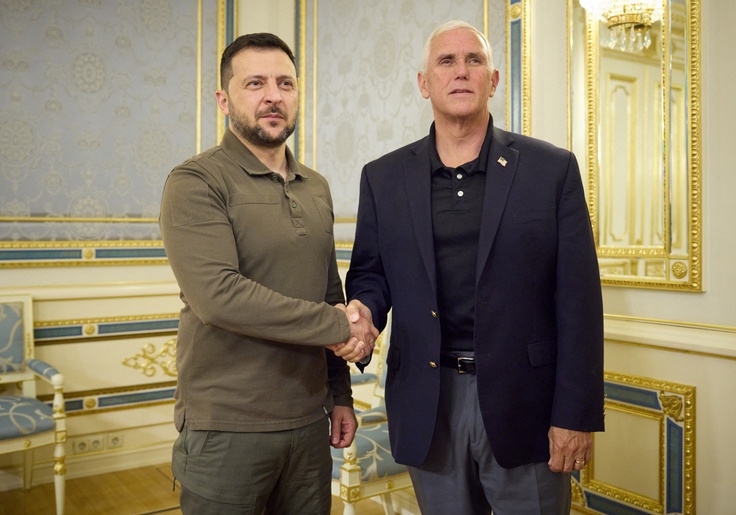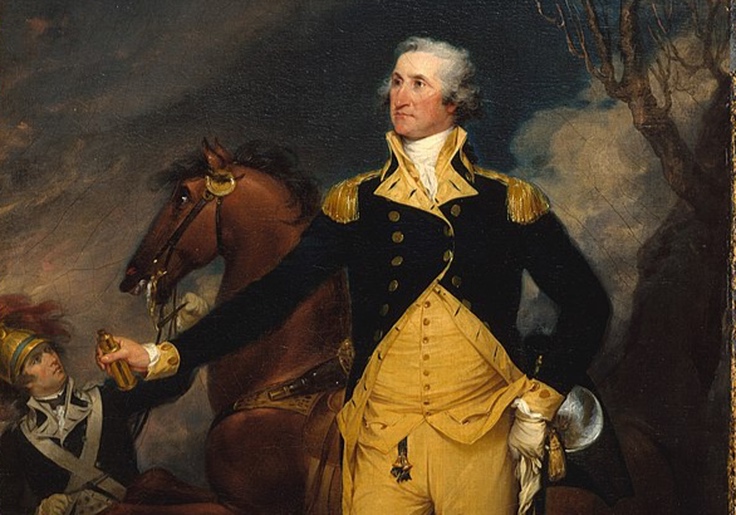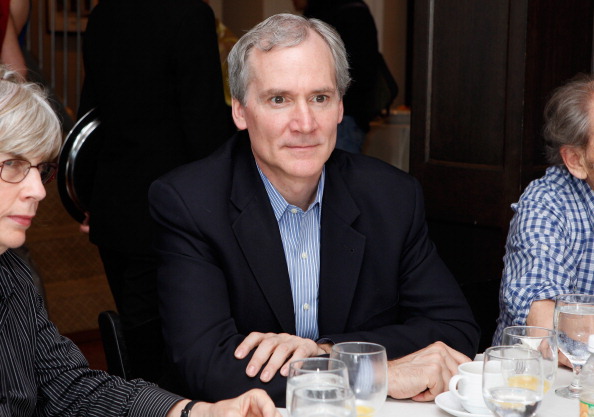Stanford University's president is resigning following an internal report that found that found he did not issue corrections soon enough on five papers that contained manipulated data.
The university this year retained a law firm to investigate President Marc Tessier-Lavigne, a neuroscientist, following claims that some of his papers contain manipulated data. While the firm's report found no evidence that Tessier-Lavigne himself doctored the papers, he "'has not been able to provide an adequate explanation' for why he did not correct the scientific record when presented the opportunity on multiple occasions," the Stanford Daily reported.
Stanford faced a major crisis under Tessier-Lavigne's leadership. Law school students shouted down a conservative federal judge, disrupting his talk in violation of Stanford's free speech policies, the Washington Free Beacon reported. School diversity dean Tirien Steinbach, who arrived on the scene, sided with the students, accusing the judge of causing "harm."
The incident prompted Tessier-Lavigne and law school dean Jenny Martinez to write a formal apology to the judge and put Steinbach on leave.
Following the controversy, Martinez announced that students had to complete free speech training. A Free Beacon investigation, however, found that the training "required barely a minute's effort" and that students could easily tune out or skip the required training videos.
Tessier-Lavigne has also decided to retract or write extensive corrections for several of his peer-reviewed articles. According to the Daily, retractions are very rare in academia, occurring only in .04 percent of research papers. The retractions typically come only after "clear evidence" surfaces that "the findings are unreliable."
The report also found that Tessier-Lavigne had a tendency to reward lab workers who provided him with results he found "favorable" while punishing those who were "unable or struggled to generate such data."
Another professor at an elite university faced similar charges in recent months. A Chronicle of Higher Education report credibly accused a Harvard professor who studies honesty of using fraudulent data in her research.












